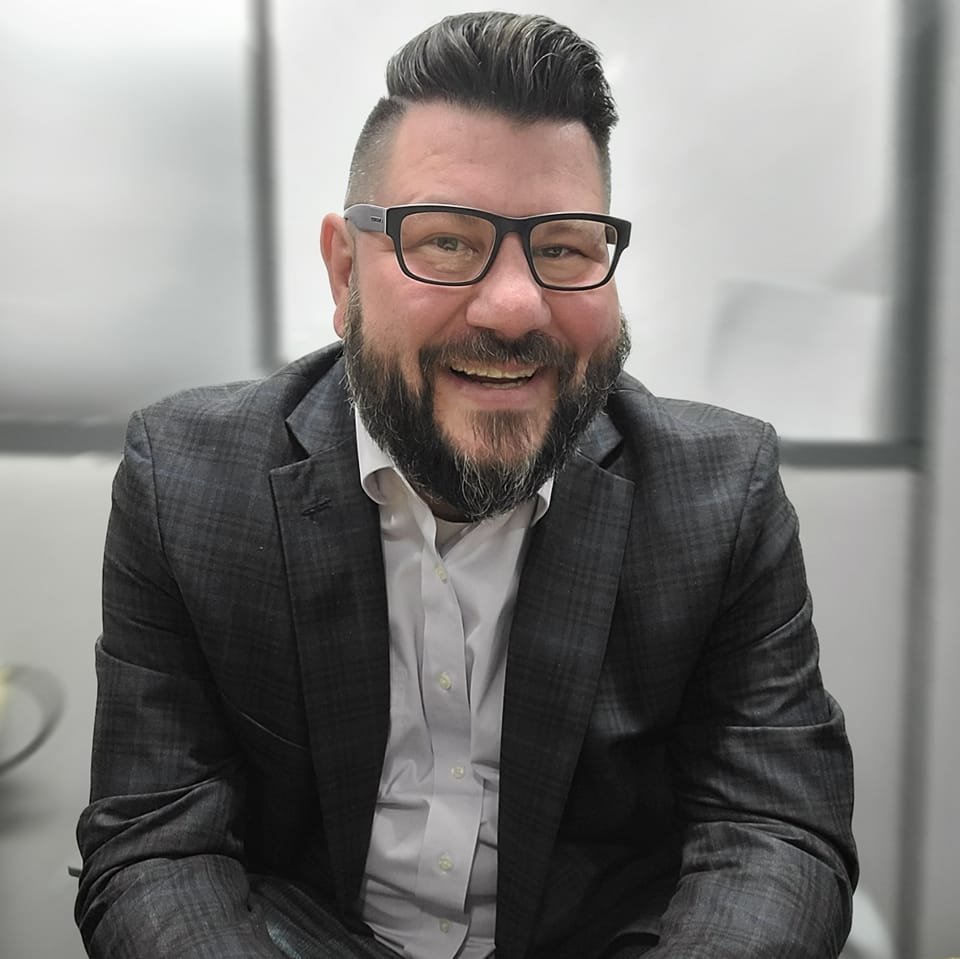M.G. Govia
Humanist humor. Honest thinking. Unpolished wisdom.
I’ve Been Thinking…

Humanist humor. Honest thinking. Unpolished wisdom.
I’ve Been Thinking…
I was sending my Wordle status to a friend — one of my Wordle buddies — and after I hit send, I caught myself thinking, I really like this game. I’m glad I found it. That thought spiraled into word games more broadly, and eventually landed on Wheel of Fortune. Not the whole show — the final round. The timer. The anticipation. The limited letters. The moment where you either see it… or you don’t.
I started wondering what it would look like to capture that feeling in something smaller. Something quick. Something interactive. A game that carries the simplicity and shareability of Wordle, but feels different — familiar without being a clone.
Multiple videos from the Minnesota shooting are circulating.
Different angles.
Different moments.
Different captions telling you what to think before you watch.
Each side points to the clip that best supports their narrative and treats the rest as propaganda, misinformation, or irrelevance.
That’s how confirmation bias operates:
Not by hiding facts — but by ranking them based on comfort.
Here’s the baseline reality that keeps getting ignored: multiple things can be bad at the same time.